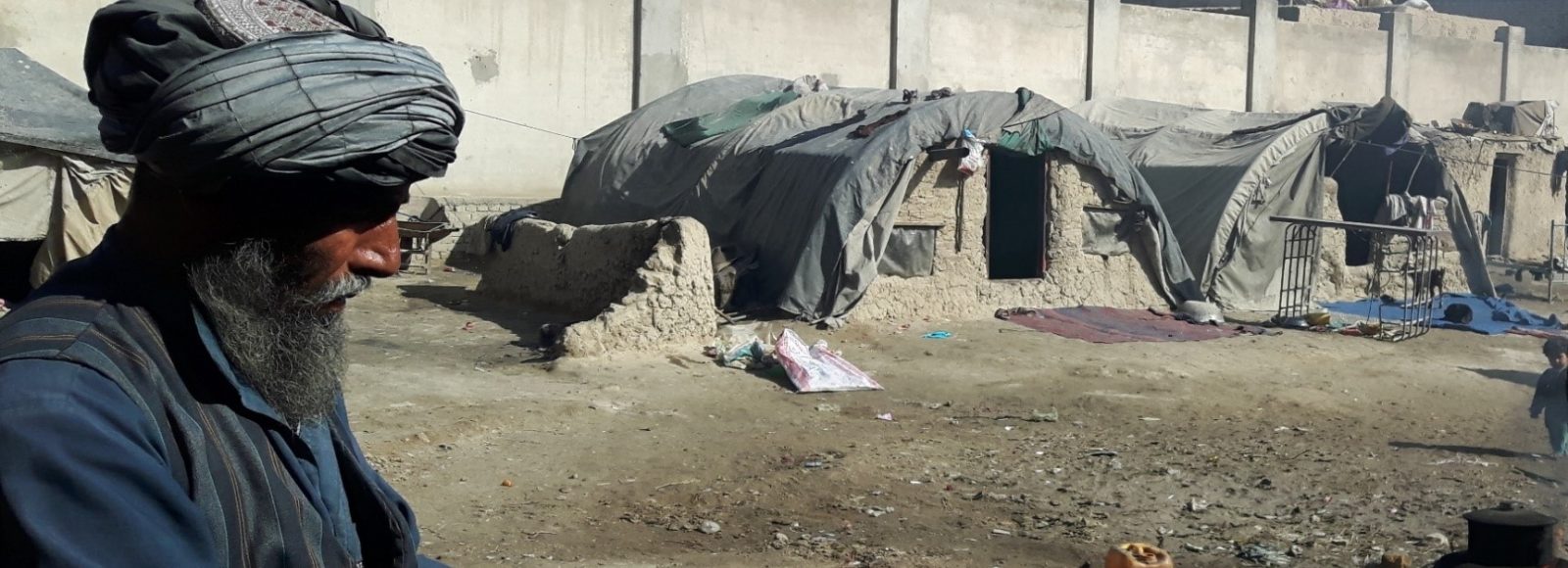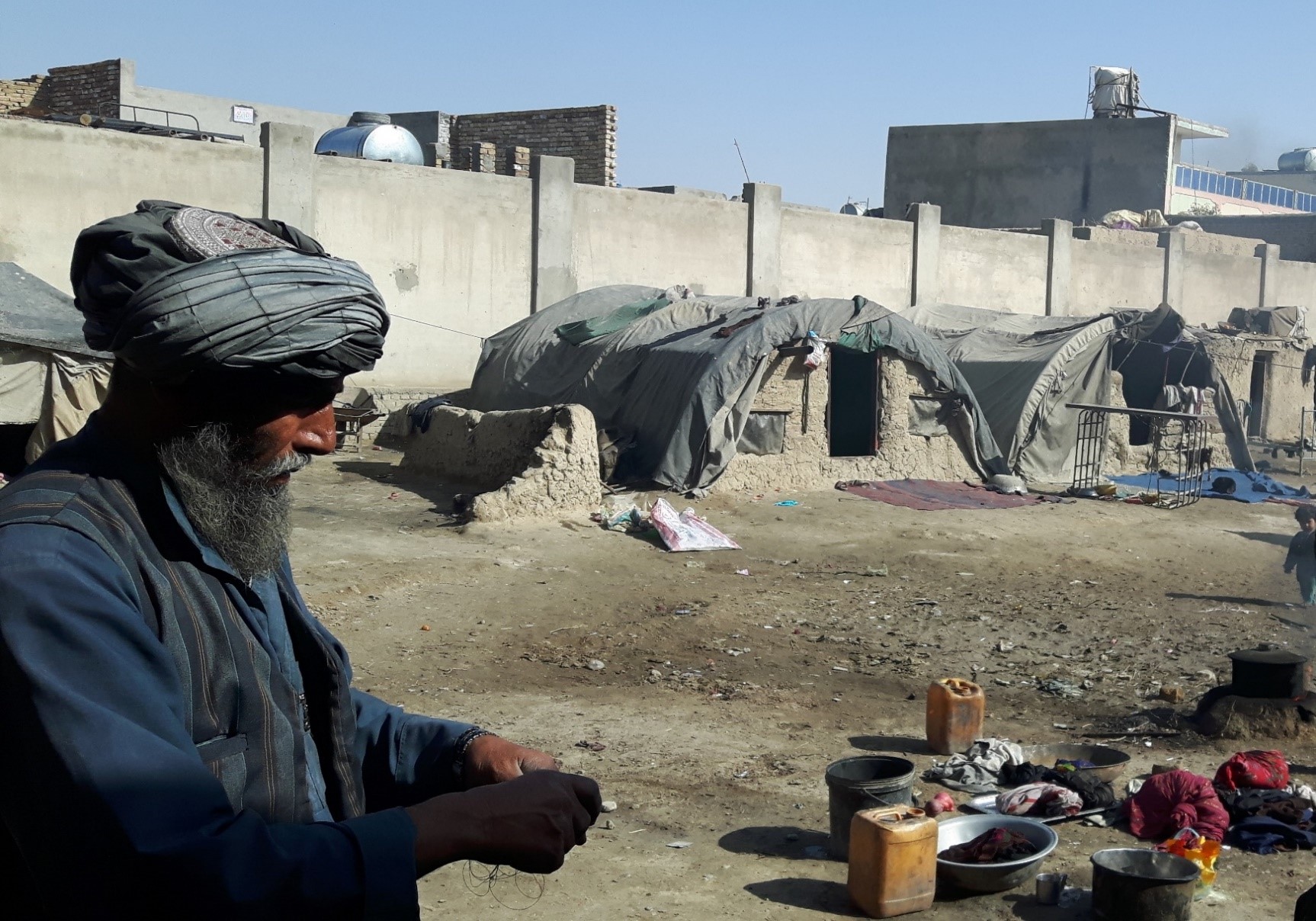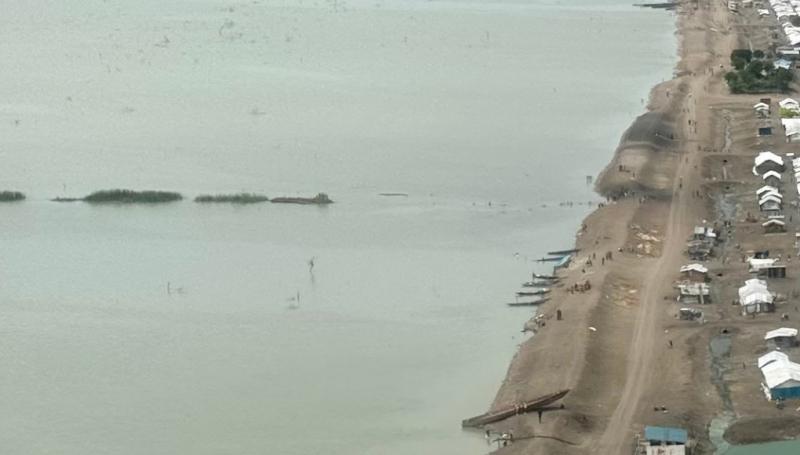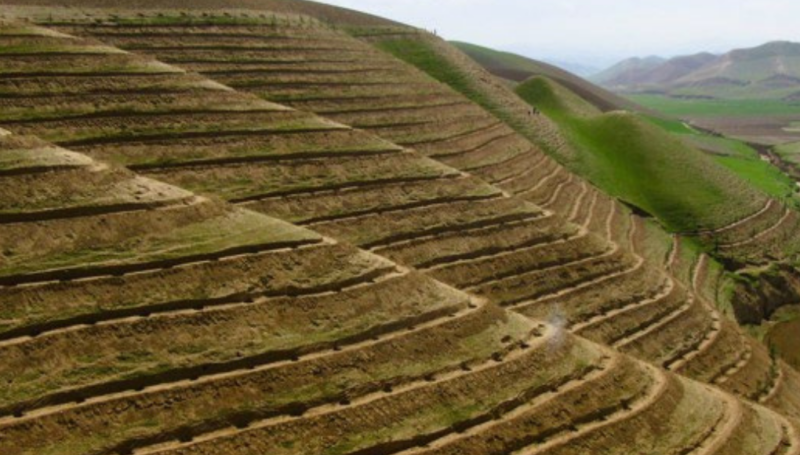Food insecurity is rife across Afghanistan, with an estimated 1.6 million people anticipated to suffer from a severe lack of food in 2017. Conflict perpetuates limited food availability country-wide, whilst unemployment and overcrowding affect food access. Contributing to this hardship is the ever increasing number of Internally Displaced Persons (IDPs) and returnees from Pakistan joining already saturated informal settlements across the country. This limits the availability of the already limited resources in these sites, particularly food, making food insecurity a primary concern for settlement residents. Informal settlements thus play an important role in housing those affected by recent displacement, and yet little research provides a comprehensive understanding of food security conditions of vulnerable groups within this setting.
In order to fill this information gap, REACH, in close coordination with the Afghanistan Food Security Cluster and with the support of FAO, conducted a comprehensive assessment of food security levels within informal settlements in Kabul and Nangarhar. These provinces were selected based on the high share of IDP and returnee populations they house, providing insight into the broader needs of settlement residents throughout the country. Household level surveys were conducted with 593 households in Kabul and 409 in Nangarhar. Not only did this sample provide for comparisons between the two provinces, it also allowed to identify some differences between the needs of IDPs and returnees.
Overall, findings indicated that informal settlements have very poor food consumption levels, with 91% of assessed settlements consuming an inadequate amount of food. In addition, all households were found to be highly dependent on negative food-based coping strategies, such as eating fewer meals or reducing portion sizes. Accordingly, food-based interventions were identified as a priority for informal settlement households in Kabul and Nangarhar More specifically, the assessment highlighted the evident need for further support in Nangarhar, compared to Kabul and the highest vulnerability of IDP populations, found to be significantly more food insecure compared to returnees.
The assessment concludes that, while all informal settlements are home to substantial groups of vulnerable populations, more targeted interventions are required to assist those facing particularly strong financial vulnerabilities and a severe lack of access to food. It is hoped that these findings will strengthen food security interventions and the provision of needs-based assistance in Afghanistan within informal settlements throughout the upcoming year.
Access the newly released REACH/Food Security Cluster Informal Settlement Food Security Assessment Report at this link.










